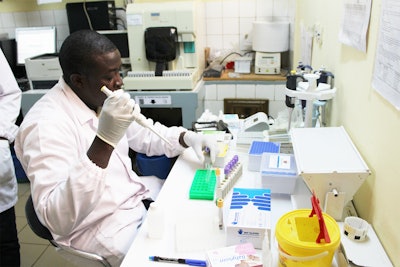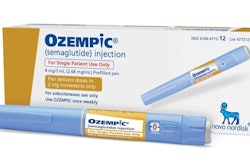
University of Oxford
Malaria claims over half a million lives each year, but that number will likely see a steep decline in the near future thanks to a vaccine developed by University of Oxford and the Serum Institute of India. A recent University of Oxford article noted that the R21/Matrix-M malaria vaccine has received a recommendation for use from the World Health Organization. The vaccine, after undergoing rigorous evaluation by WHO's experts, has demonstrated high efficacy and safety in clinical trials conducted in multiple countries with varying malaria transmission patterns.






















